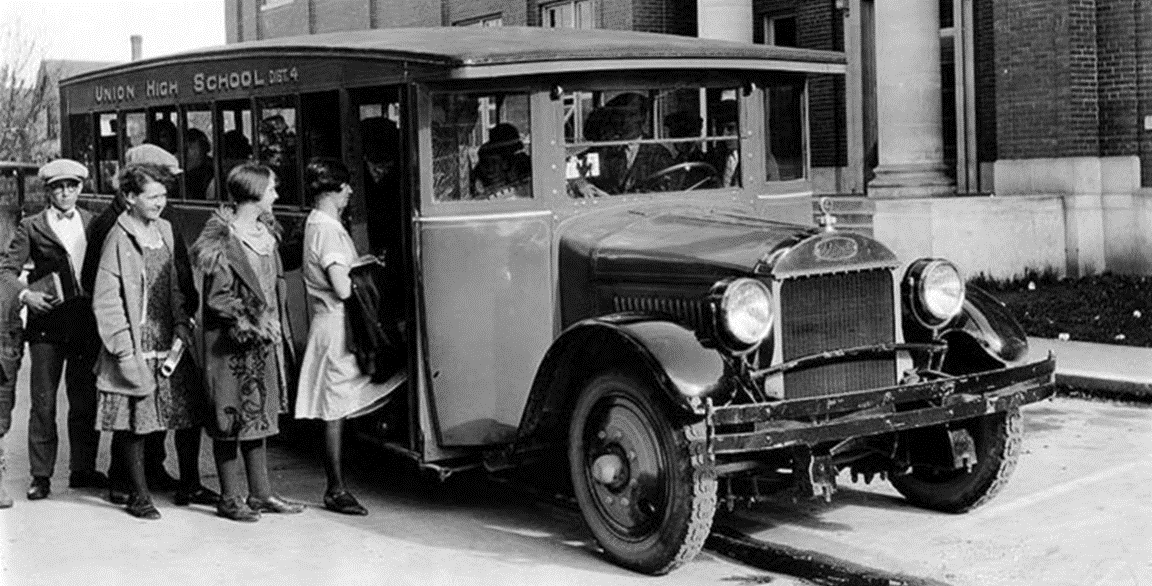
My early morning routine has me up for a run through the neighborhood at about the same time as school buses rumble by picking up students for a day in the classroom. Not too early for my run, but way too early for children to catch a bus. That’s a story for another day.
Earlier this week I ran by a cluster of kids waiting for their bus and overheard just a snippet of conversation between what I assumed was an older sister, maybe ten years old, and a younger brother, seven or eight years old.
Older sister: “Yes, you did!”
Younger brother: “No, I didn’t!!”
I was out of earshot by the time the next round of the debate came around. I have no idea whether little brother was guilty as charged. Maybe he did, and maybe he didn’t.
The words and the tone of the conversation were classic. We’ve heard such sibling dialog a thousand times and probably spoke one or both sides of the conversation when we were children. It’s what children do.
As I continued my jog down the sidewalk, it occurred to me that “yes, you did”/”no, I didn’t” arguments are hardly confined to the elementary school crowd. It’s pretty much the content of too many political and social media exchanges between adults in our times. Like big sister (or big brother), we love to accuse, and like little brother (or little sister), we immediately deny.
“Yes, you (he/she/they) did” and “no, I (he/she/they) didn’t” fills even the pastors’ forums I follow and can too often be the substance of important discussion even in the council meetings and the coffee hours of the church. We accuse – “you’ve gone woke,” “you sound like a Christian nationalist” – and we deny. But we rarely discuss. Rather than persuasion or inspiration, we prefer power or domination.
The kids at the bus stop were doing what kids always do. There’s probably something developmentally important in sibling rounds of accusation and denial. But there is something fundamentally wrong with adults who don’t know how to carry on a productive conversation.
Contemplating God’s wonderful ways in human history and in our own lives, the Apostle Paul famously writes, “When I was a child, I spoke like a child, I thought like a child, I reasoned like a child. When I became a man, I gave up childish ways. For now we see in a mirror dimly, but then face to face. Now I know in part; then I shall know fully, even as I have been fully known. So now faith, hope, and love abide, these three; but the greatest of these is love. 1 Corinthians 13:11–13 (ESV)
Let the children speak like children. The rest of us should give up childish ways. Love demands nothing less.
